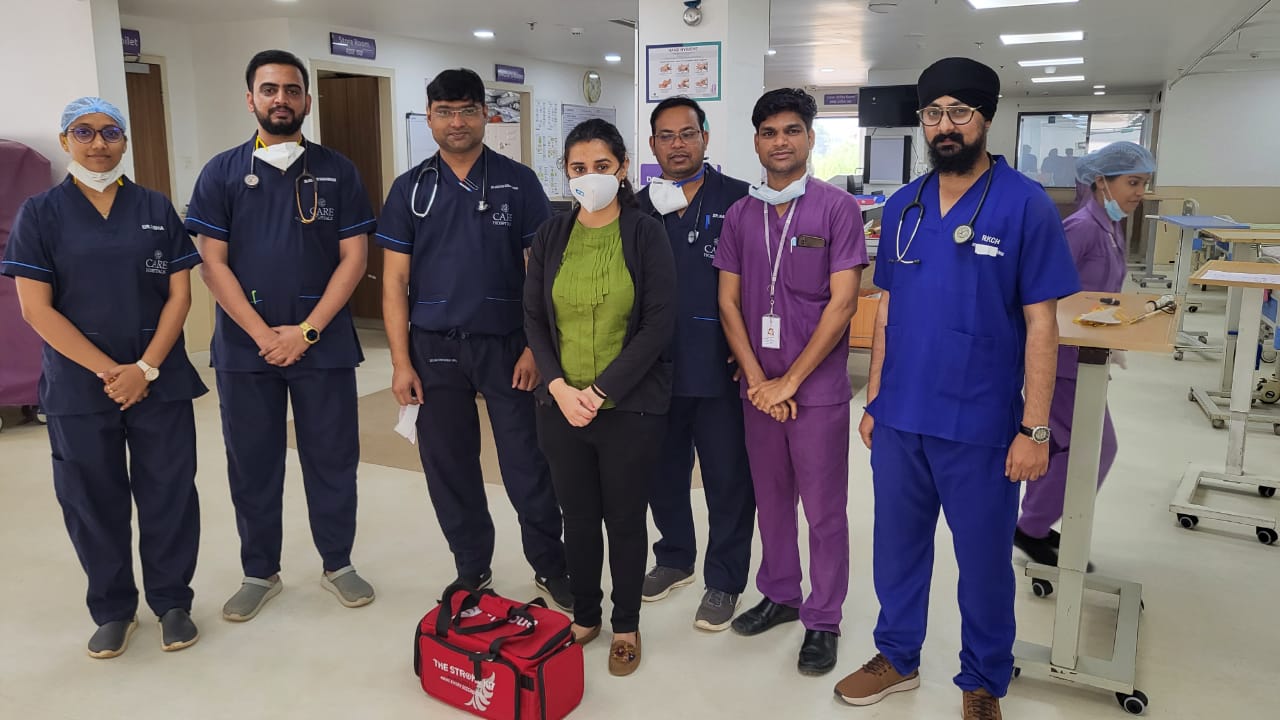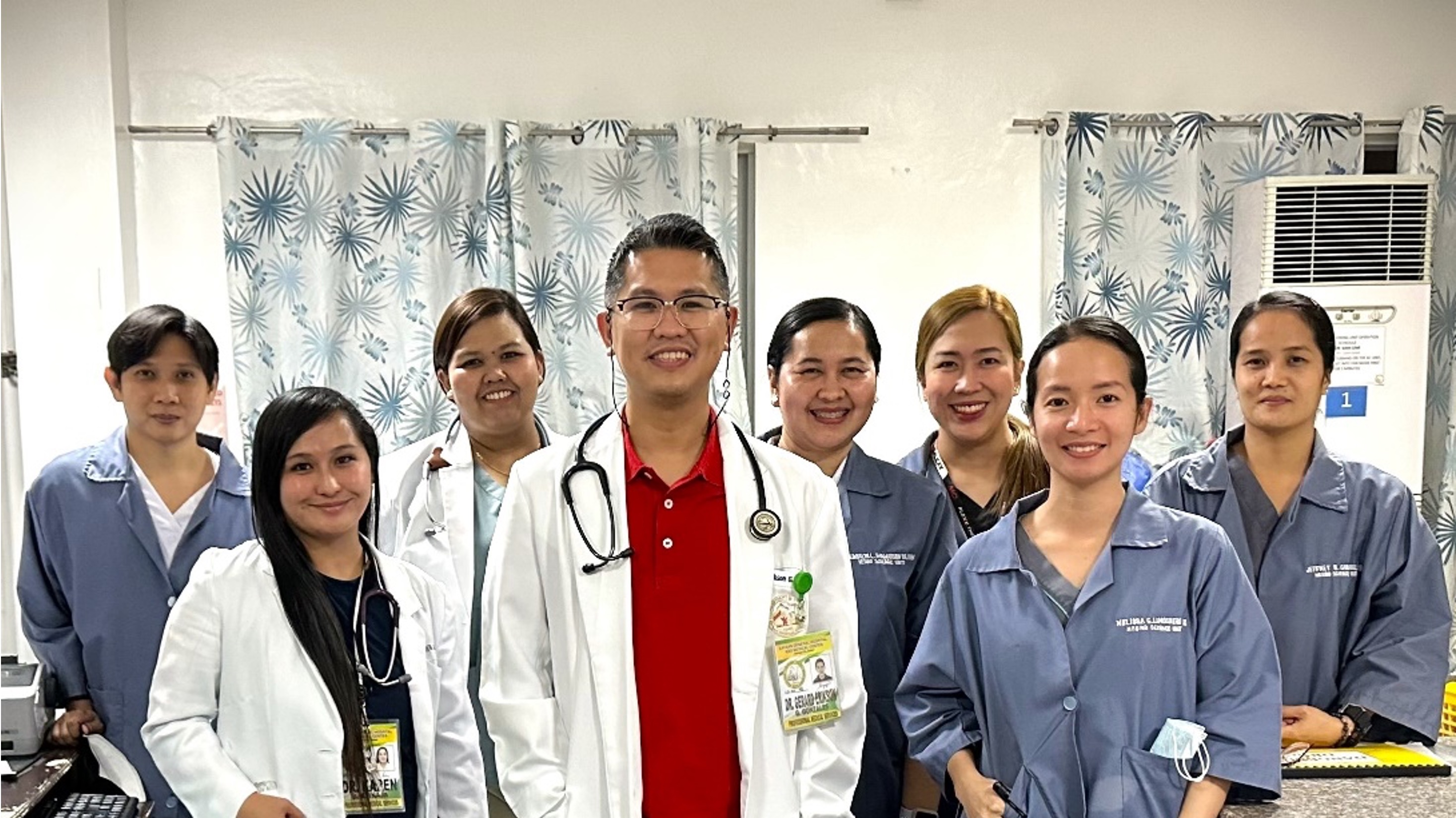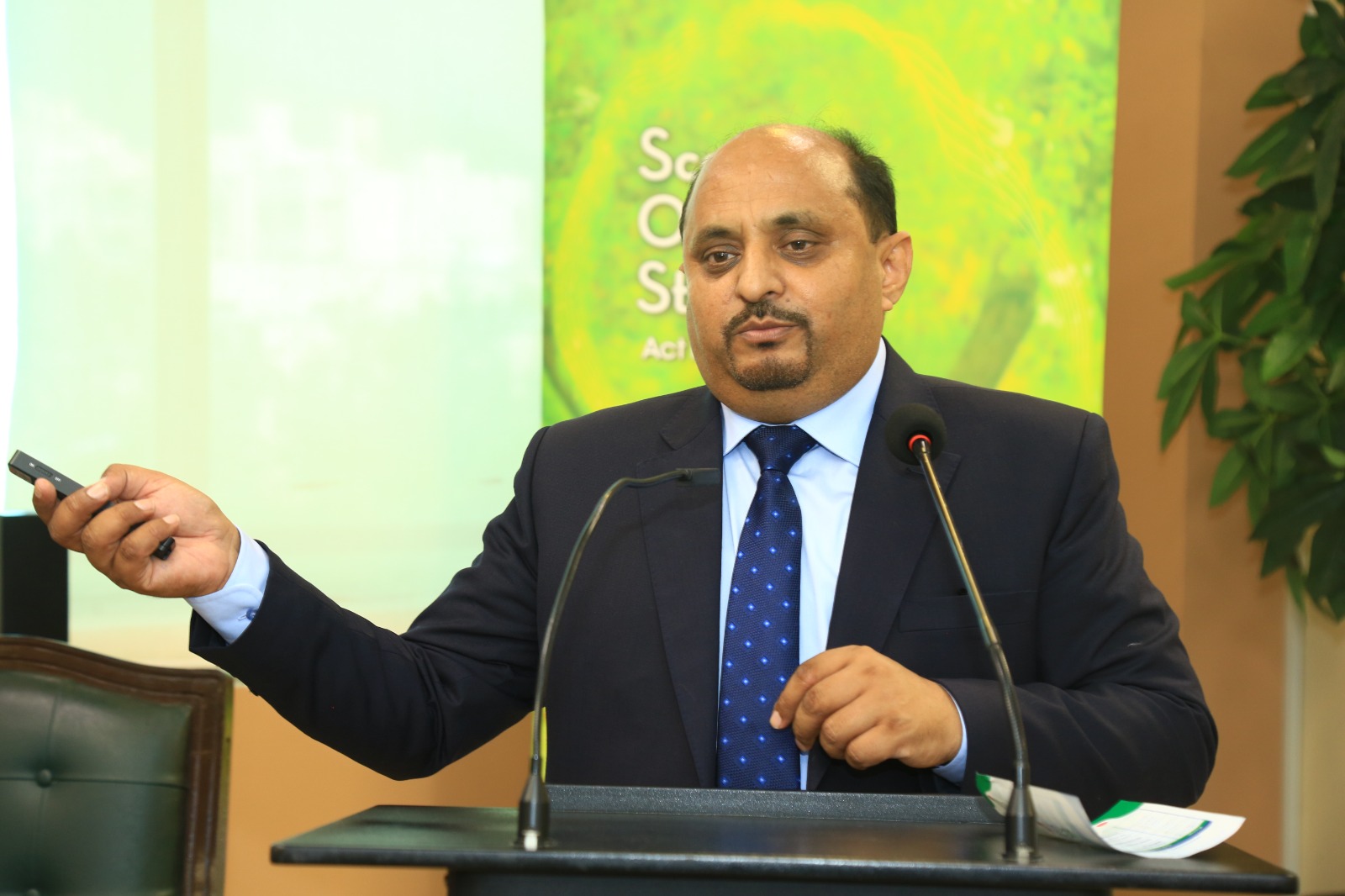Since the pandemic started, most of us have had to adopt the “new normal” in various aspects of life. This may include working and schooling from home, always keeping a safe social distance and wearing a mask in public spaces.
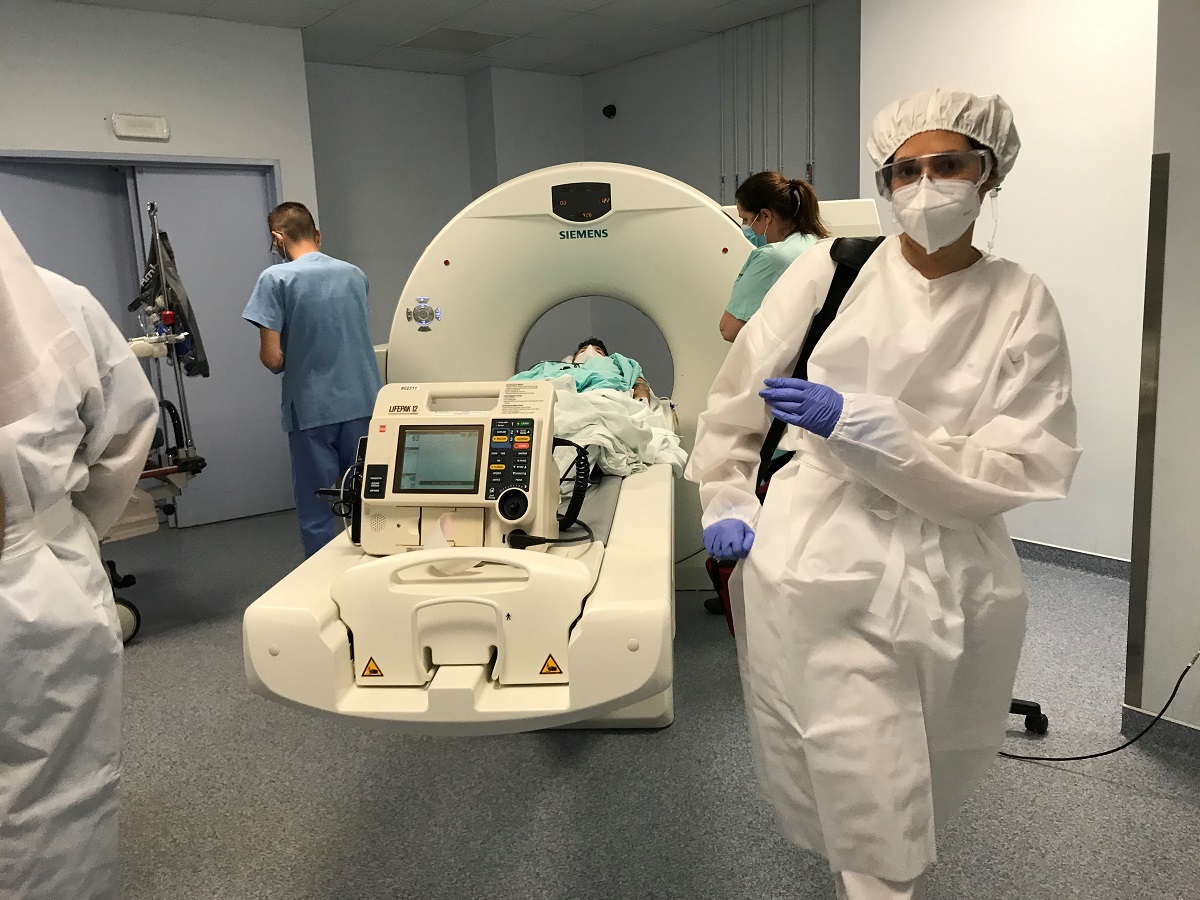
However, healthcare professionals rarely have the privilege of such options. Quite the opposite – patients still arrive to hospitals and they must still be cared for in person, because all the other diseases don’t stop due to COVID-19.
With the added worry of contracting the virus if we are not careful enough, this could translate to a slower response or care for patients. This has been a concern among strokologists everywhere, because in the case of a stroke patient, time is still and will always be of key essence.
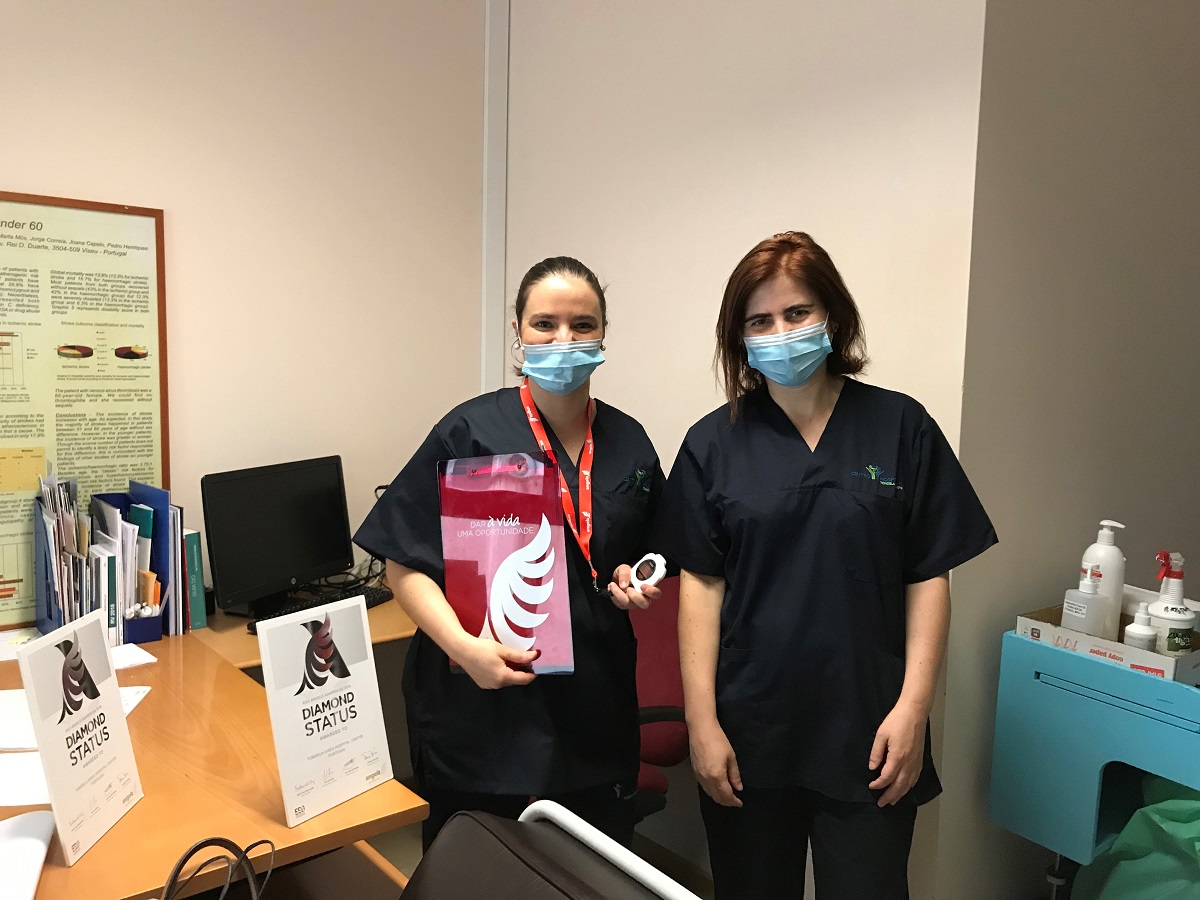
Dr. Ana Gomes, the stroke unit coordinator from Tondela-Viseu Hospital Centre who is also Portugal’s RES-Q Coordinator and an ardent supporter of the Angels Initiative, was one of the physicians concerned by how the pandemic affected the treatment speed of stroke patients.
Portugal held its first COVID-19 webinar on 3 Απριλίου 2020, and it was there when she first noticed how many hospitals were reporting longer wait, slower DTN times and other worrying trends due to COVID-19. Being a data-oriented person that she is, she wanted to see for herself how the pandemic had affected the stroke pathway in her hospital.
Considered one of the bright spots in Portugal, the stroke team in this hospital are very prone to learning by conducting simulations and constantly practice quality monitoring (they register the most patients for RES-Q in Portugal), as evidenced by the nine ESO-Angels Awards they have won – five of which were Diamond-level awards.
At this point, the hospital had recovered some normality in its routines, but during the pandemic peak, their Stroke Unit was moved to another room to make space for COVID-19 patients. They also had to deal with a few setbacks such as having all Stroke Unit nurses quarantined for 14 days.
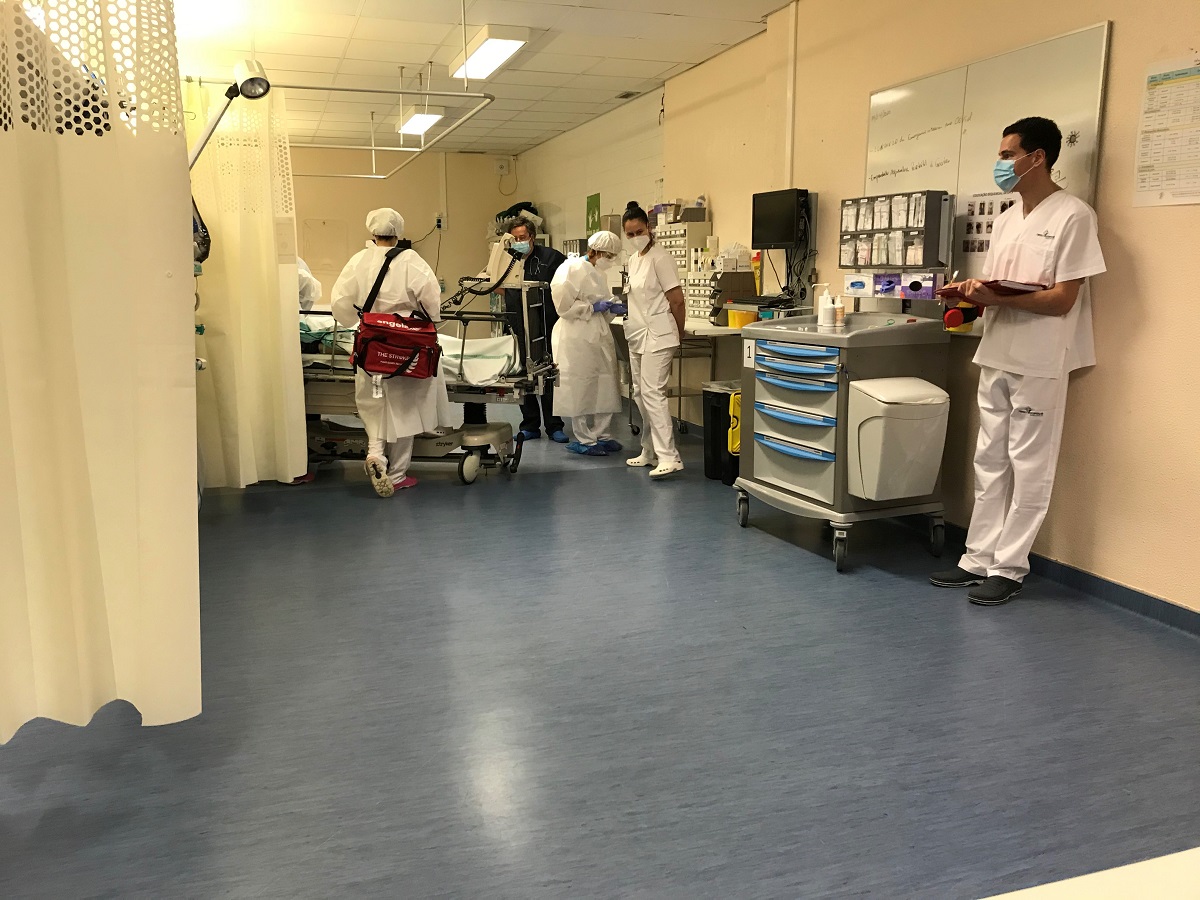
Their protocol was to assume that all stroke patients are infected by the COVID-19 virus. When a potential stroke patient arrives at the ED, they must dress up in PPE but everything else remained the same – including pre-notification (received patient already in PPE), priority blood test, direct to CT and treat at CT.
When there is a high suspicion that a patient might be infected, thorax CT is conducted after treatment. Once all radiology tests (including angio) are completed, the patient is taken to an ED room to collect the samples for COVID-19 test, where they will stay until the results are available. In the case of a thrombectomy candidate, the patient is transferred and received as if they are a COVID-19 positive patient.
In May 2020, Dr. Gomes decided that it was time to evaluate this protocol by conducting a blind simulation and, having received an approval from the Director of ED, she kindly invited Angels Consultant Claudia Queiroga to observe.
“The main difference I could see was the PPE. People who were around the patient had to wear a set, and those who didn’t had to guard their distance. Dressing into one seemed a bit frustrating but the team were very efficient as they were already used to it,” she noted.
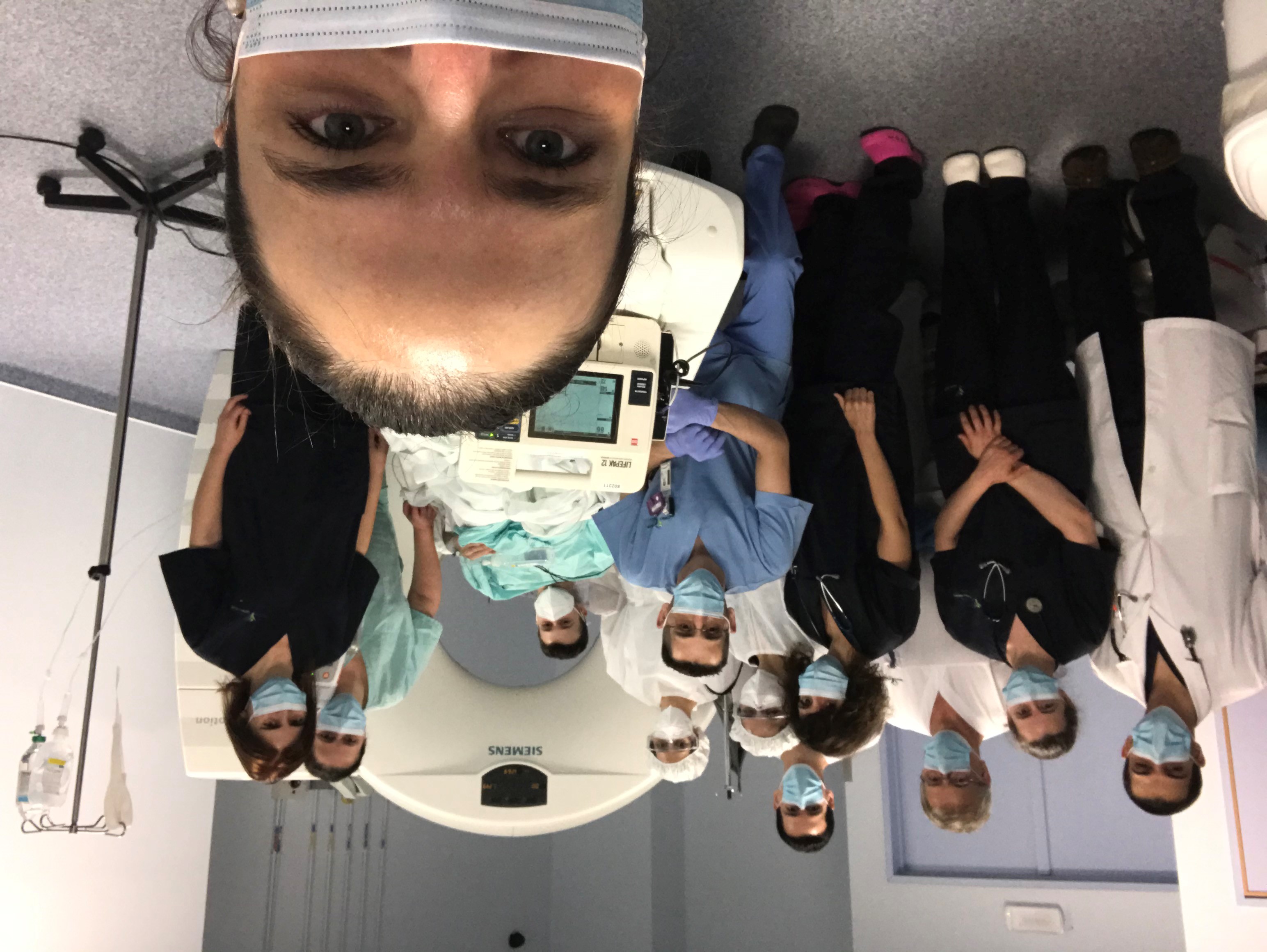
The result of the simulation was surprising for everyone involved. On average, there wasn’t much difference in the team’s time and performance compared to before the pandemic. The simulation was a wake-up call for the team that, despite all their worries, COVID-19 does not affect code stroke too significantly. If we keep training all the crucial steps – such as how to don PPEs quickly – everything will feel as natural as before the pandemic times.

